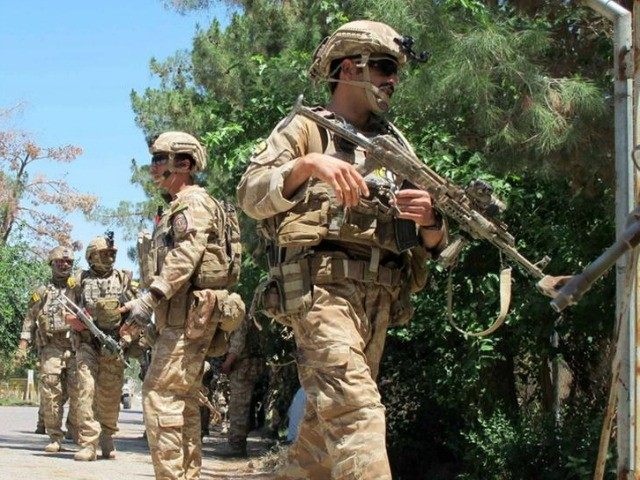WASHINGTON, D.C. — American taxpayer money has been mismanaged in Afghanistan to such an extent that it is nearly impossible to determine what percentage of the nearly $117 billion that the United States has spent on reconstruction efforts can be written off as waste, fraud, and abuse, a U.S. watchdog agency indicated.
“I can’t tell you. … All I can say is it’s too much. Way too much, billions, but I can’t tell you what percentage,” John Sopko, the U.S. Special Inspector General for Afghanistan Reconstruction (SIGAR) told members of the House Armed Services Subcommittee on Oversight and Investigations Tuesday.
Sopko noted that it may be impossible to get the records required to calculate an estimate for the amount of reconstruction money wasted since the beginning of the Afghan war in October 2001.
The IG, who has been serving as the watchdog for U.S. reconstruction in Afghanistan since 2012, told lawmakers wasteful spending in Afghanistan is a “systemic problem.”
As an example of wasteful spending in Afghanistan, SIGAR cited America’s failed program to combat the cultivation and production of opium and its heroin derivative in Afghanistan.
“We’ve spent $8 billion on counternarcotics and there is [sic] more drugs being put out now than when we started,” declared Sopko. “The insurgents are getting more drug money now than before. The insurgents are bribing more Afghan officials than before.”
Opium and heroin trafficking are the primary sources of funding for the Afghan Taliban, the strongest terrorist group in Afghanistan.
Despite the billions of dollars used to combat the drug problem, Afghanistan remains the top producer of opium and heroin in the world.
According to the latest United Nations figures on Afghan opium, poppy plant production and its cultivation area in the country have increased more than 25-fold during the ongoing war to 4,800 metric tons and 201,000 hectares (ha), respectively.
Afghanistan also faces “endemic corruption” that fuels the opium problem and the waste of American funds.
Corrupt officials in the country have also siphoned off U.S. taxpayer funds to the very same terrorist groups fighting against American troops in the country.
The Pentagon is guilty of a “lack of due diligence” when it comes to managing Afghan war funds, Sopko told House members Tuesday.
He stressed that the Pentagon spent more than $28 million in excess cost since 2008 on Afghan National Army (ANA) uniforms that may “hinder ANA operations by providing a more clearly visible target to the enemy.”

COMMENTS
Please let us know if you're having issues with commenting.